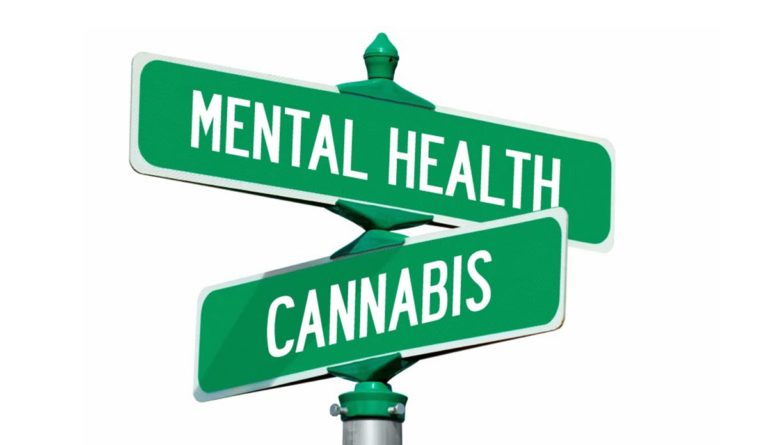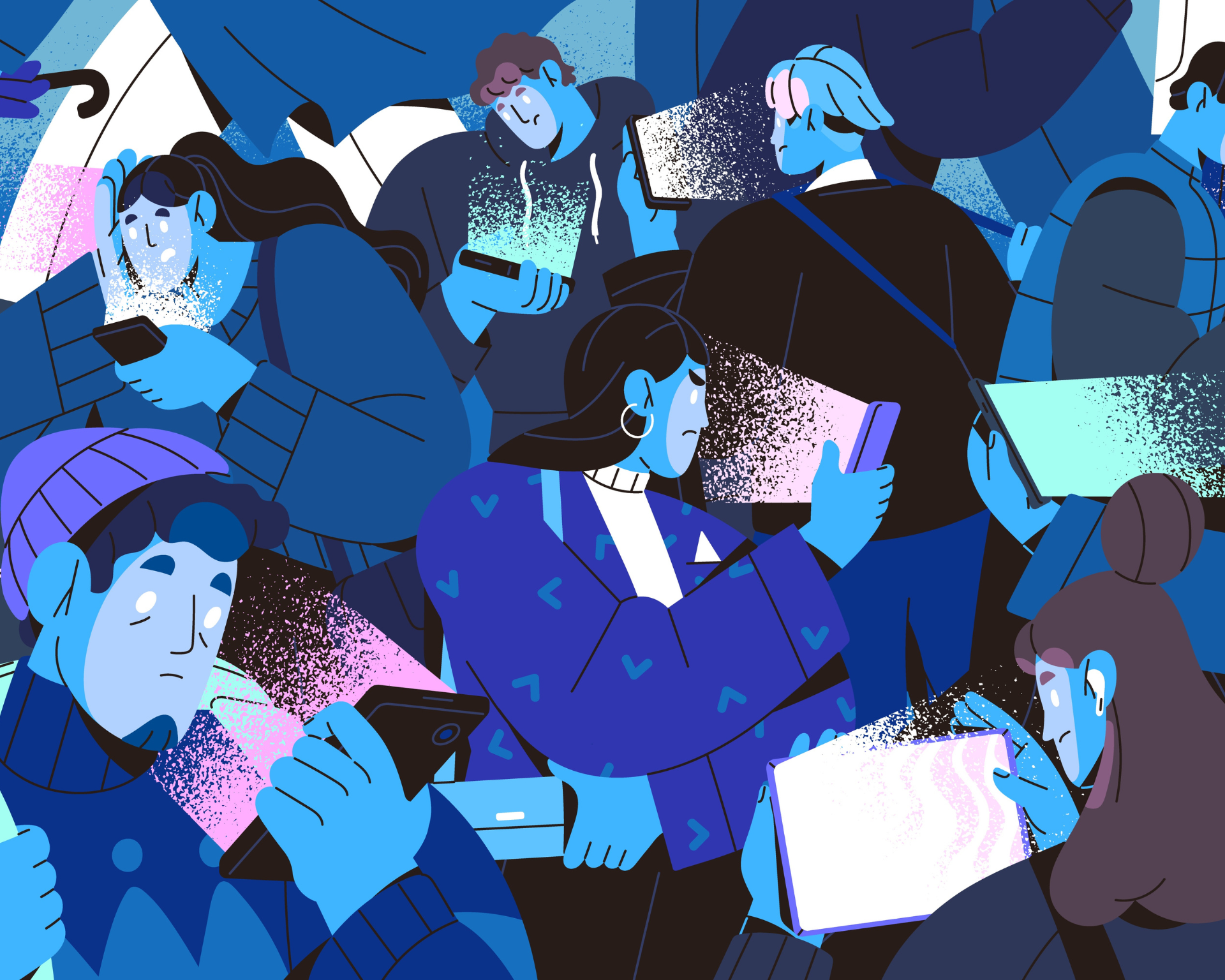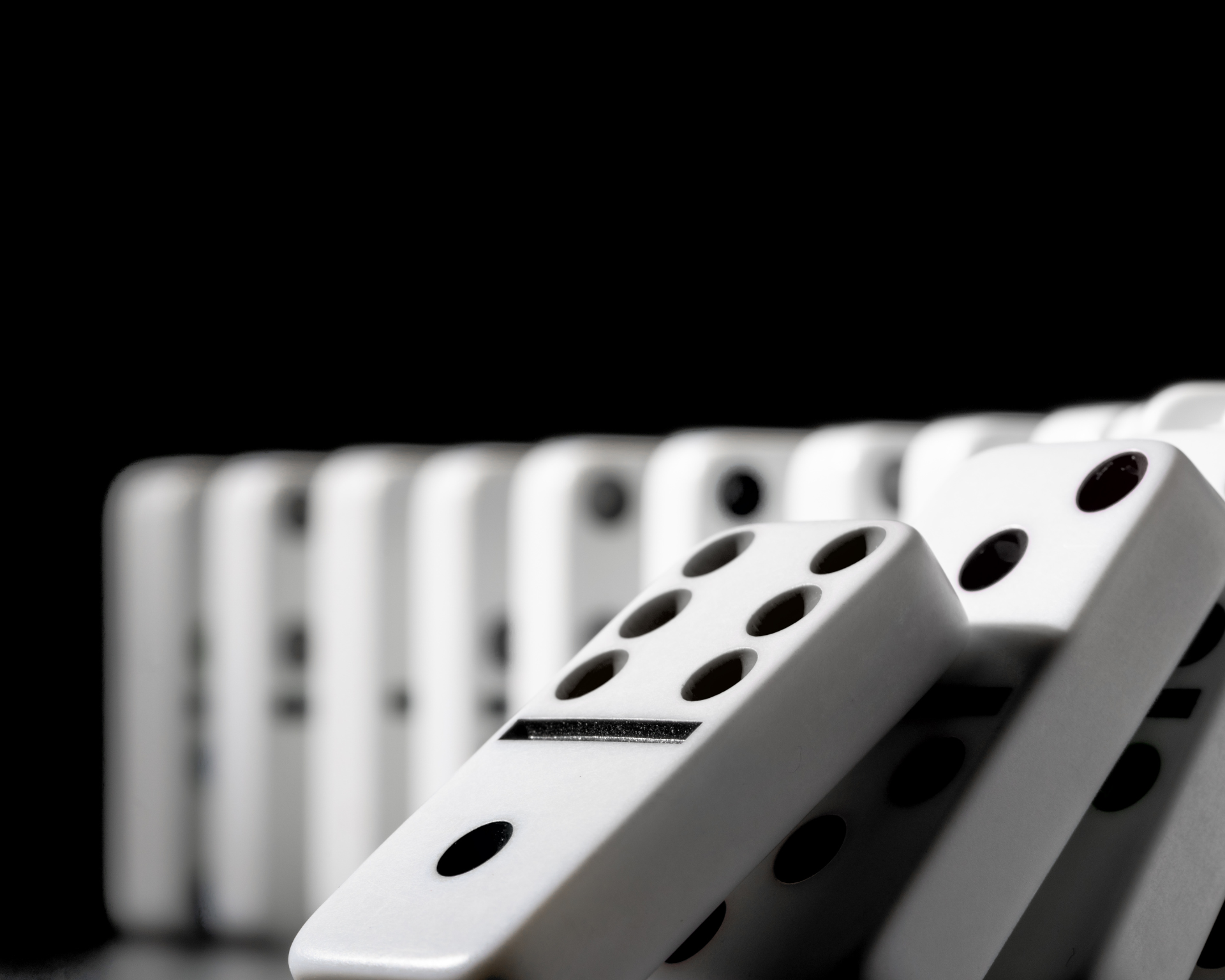At a Crossroads: Medical Cannabis and Mental Health
Cultural acceptance of marijuana is increasing, but cannabis has addictive potential and may exacerbate mental health problems, particularly among adolescents and emerging adults.

Read Time: 3 minutes
Published:
Legislation authorizing medical cannabis in 31 states over the past 22 years has transformed the marijuana infrastructure in the United States, enabling widespread access. Many now regard cannabis as no different, or even safer than, alcohol or tobacco. The alternative wellness community embraces cannabis as a therapeutic aid, fostering public perception of positive health benefits. Medical cannabis can be home grown or purchased at dispensaries via a physician recommendation in a wide variety of forms, to be smoked, vaped, or ingested in tinctures and edibles.
With this shift toward cultural acceptance, it is important to keep in mind that cannabis has addictive potential and may exacerbate mental health problems, particularly among adolescents and emerging adults. Portable vape pens are a popular form of cannabis use among youth due to convenience and discretion. Vaping may lead to more frequent use and misuse compared to smoking. Our research indicates that 18 to 30-year-old medical cannabis users are motivated to use cannabis out of boredom and show more problematic cannabis use than middle-aged and older adults.
Our research indicates that 18 to 30-year-old medical cannabis users are motivated to use cannabis out of boredom and show more problematic cannabis use than middle-aged and older adults.
The two main chemical compounds in the cannabis plant are tetrahydrocannabinol (THC) and cannabidiol (CBD), both of which affect the naturally occurring cannabinoid system in the brain and body. Unlike THC, CBD does not cause intoxication or cognitive deficits, and has low potential for misuse. Emerging scientific evidence indicates that THC and CBD can be used to treat certain physical problems. Likewise, individuals are increasingly using cannabis to manage psychological conditions, such as anxiety, depression, stress, insomnia, trauma, attention-deficit hyperactivity disorder, and psychosis.
Research consistently shows however that cannabis is not a viable treatment for depression. While CBD may help with psychosis, social anxiety, and sleep, THC is known to exacerbate psychosis, increase anxiety and impair sleep quality, especially if the individual relies on cannabis to sleep. Trauma survivors and veterans with PTSD, who use cannabis to cope with anxiety, nightmares, and insomnia may develop cannabis addiction and avoid dealing with their underlying issues. While some researchers promote cannabis as a less harmful substitute for opioids in treating chronic pain, Canadian physicians recommend against medical cannabis for all conditions except severe refractory pain when all other options are exhausted.
Although I have patients who claim cannabis works better than psychiatric medications, it should not be regarded as a first-line treatment for any mental health condition because of the potential for misuse and dosing inaccuracy.
Although I have patients who claim cannabis works better than psychiatric medications, it should not be regarded as a first-line treatment for any mental health condition because of the potential for misuse and dosing inaccuracy. If psychotherapy and medications fail, low doses of cannabis could be considered in consultation with one’s doctor, depending on symptoms and case history. Because CBD is thought to offset the negative effects of THC, medical cannabis patients should consider using cannabis that contains elevated levels of CBD. Clinical outcomes often depend on cannabis dose and strain-type, as well as a person’s neurochemistry.
Due to federal prohibition, cannabis research is still in its infancy. The expanding cannabis industry and its messaging have outpaced the ability of scientists to conduct and disseminate research. Public health initiatives driven by cannabis regulatory science could address misinformation being given by dispensary staff and the online cannabis community. Evidence-based recommendations for safe and effective therapeutic uses of cannabis are critically needed in the mental health arena.
Feature image design by Daniel Paduano



